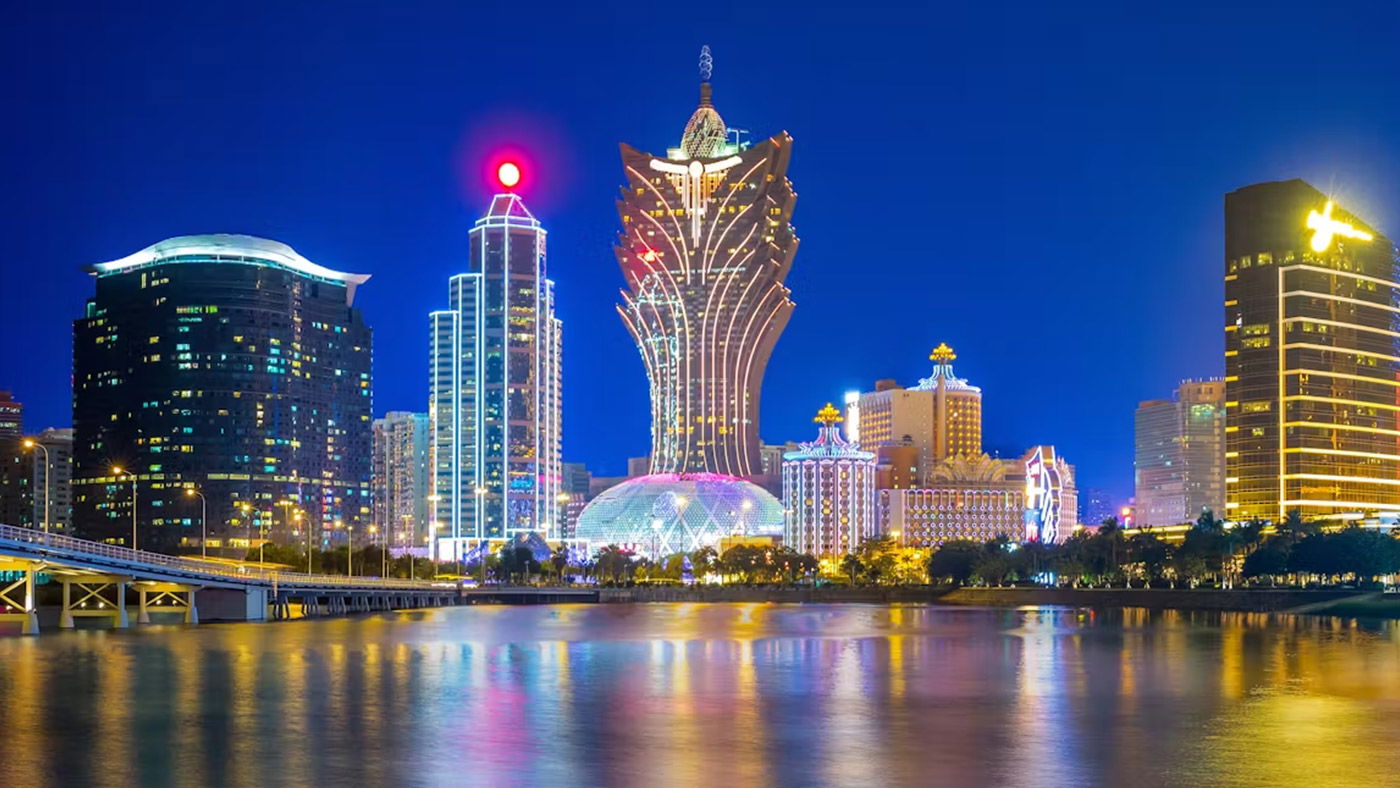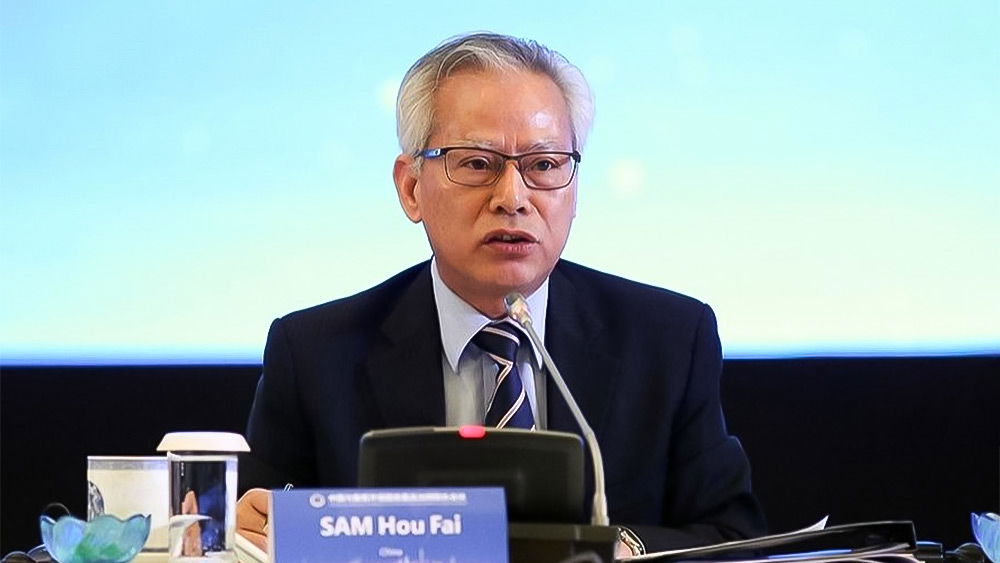Macau to oversee satellite casino transition under legal framework, Chief Executive says

Macau will manage the end of the satellite casino grace period in accordance with established legal procedures, Chief Executive Sam Hou Fai said, suggesting a controlled transition that could reshape the region's gambling sector.
The reforms, passed in 2022, mandate that all satellite casinos—which had traditionally operated under a profit-sharing model with third-party owners—must by the end of this year be directly owned and operated by licensed concessionaires. The new regime will require operators to rely on management fees and become financially self-sustaining.
Hou Fai called on concessionaires to take proactive responsibility for staff and operational continuity during the transition. He stressed that it is the duty of the relevant gaming companies to formulate appropriate contingency plans and ensure staff are protected during the process.
The changes are part of Macau's broader effort to tighten regulation of its casino industry and diversify its economy. As China’s only legal gambling hub, Macau’s casino sector has long been a cornerstone of local revenue. However, the government is now pushing for non-gaming investments and greater regulatory oversight.
The expected closure of some satellite casinos has raised concerns over potential job losses and economic dislocation. Lawmaker Jose Maria Pereira Coutinho urged the government to bolster social protections. “In these trying times, extending benefits is not just a suggestion, it is a necessity for the people who will be severely impacted,” he said. “It is the government’s responsibility to ensure their transition is smooth and supportive.”
In addition to labor and industry reform, authorities plan to introduce evaluation metrics to track concessionaires' non-gaming initiatives and will conduct regular reviews of contractual obligations. The government is also promoting responsible gaming practices and investment projects aligned with national priorities in Macau and neighboring Hengqin.
To enhance tourism, Macau will establish new overseas cultural and economic offices in Southeast Asia, Northeast Asia, South Asia, and South America. The city aims to expand its international airport’s flight network, offer fare incentives, and host large-scale influencer events to bolster global appeal.
















































